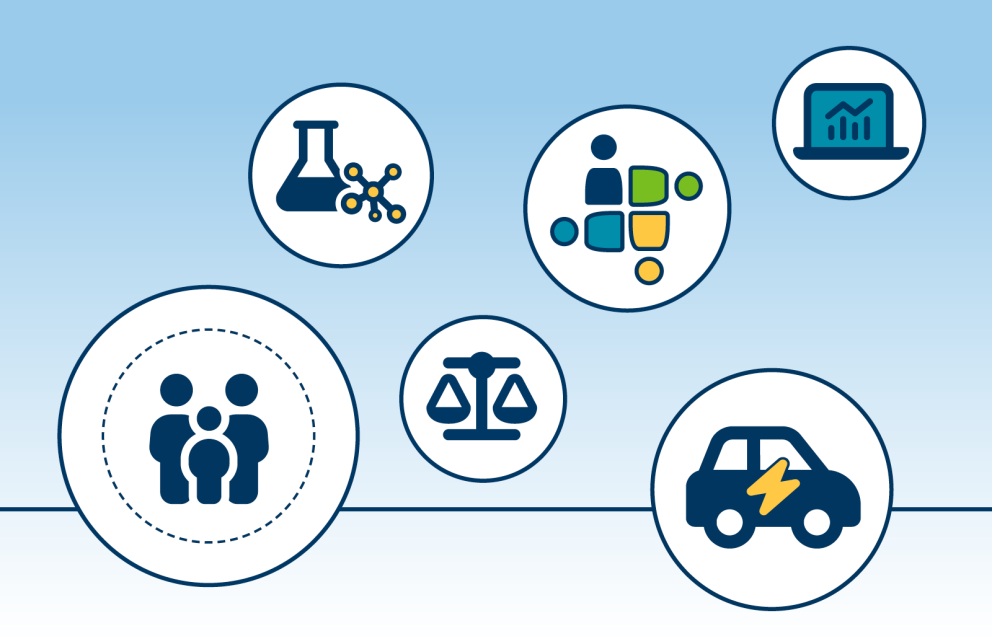The Minnesota Pollution Control Agency (MPCA) is committed to ensuring that every Minnesotan has healthy air, sustainable lands, clean water, and a better climate.
Through the authority of state and federal statutes and guidelines, the MPCA focuses on preventing and reducing the pollution of air, land, and water, and leads Minnesota’s efforts to protect against the devastating effects of climate change. We work with regulated parties, businesses, governments, organizations, and 11 Tribal Nations in Minnesota to develop innovative, community-centered approaches that protect our natural resources, improve human health, and foster strong economic growth.
Environmental justice
The MPCA addresses statewide inequities in pollution exposure through its work to ensure that Black, Indigenous, communities of color, and low-income residents enjoy a healthy environment and fair treatment with respect to the development, adoption, and enforcement of environmental laws, regulations, and policies. The agency advances meaningful engagement with communities most impacted by pollution and programs intended to protect against it. Read more about the agency’s environmental justice work and how the agency is building a more diverse, equitable, and inclusive workforce that reflects the people of Minnesota.
History of the MPCA
In response to the increased awareness of threats to the environment, the Minnesota Legislature established the MPCA in 1967 to protect Minnesota's air, water, and land. This was three years before the founding of the U.S. Environmental Protection Agency (EPA). The MPCA built on the efforts of the state's Water Pollution Control Commission, established in 1945 to encourage communities to build wastewater treatment plants.
MPCA operational organization
Remediation
- handles assessment and cleanup of Superfund and other contaminated sites
- administers the statewide Closed Landfill Program
- responds to environmental emergencies
Watershed
- identifies strategies to assist communities in addressing water pollution
- identifies strategies to assist communities in protecting healthy waters
- oversees the regulation of animal feedlots
Environmental Analysis and Outcomes
- oversees air and water monitoring work
- analyzes data and develops standards
- ensures environmental data is broadly accessible to the public
Resource Management and Assistance
- administers grants for innovations in recycling and pollution prevention
- oversees solid waste and recycling programs
- performs environmental reviews
- provides technical assistance to local governments
- houses GreenStep Cities
Industrial
Handles permitting, compliance assistance and enforcement, and licensing and certification for:
- industrial wastewater and stormwater facilities
- sources of air emissions
- underground fuel storage tank facilities
- hazardous waste generators
Municipal
- issues municipal wastewater, stormwater, and construction stormwater permits
- implements bio-solids land application
- responds to floods and spills
- provides technical reviews for the Public Facilities Authority
Operations
Supports the entire agency’s needs for:
- fiscal
- grant management
- legal
- data management
- records management
- communications and outreach
- facilities management
- fleet services
- security systems
- regional office management
EPA partnership
The MPCA collaborates with U.S. EPA Region 5 (which is comprised of Illinois, Indiana, Michigan, Minnesota, Ohio, Wisconsin, and 35 Tribal Nations) to protect Minnesota’s environment, striving to increase flexibility and accountability and improve environmental outcomes. The Environmental Performance Partnership Agreement, established in 2016, specifies the roles and responsibilities of each agency.

